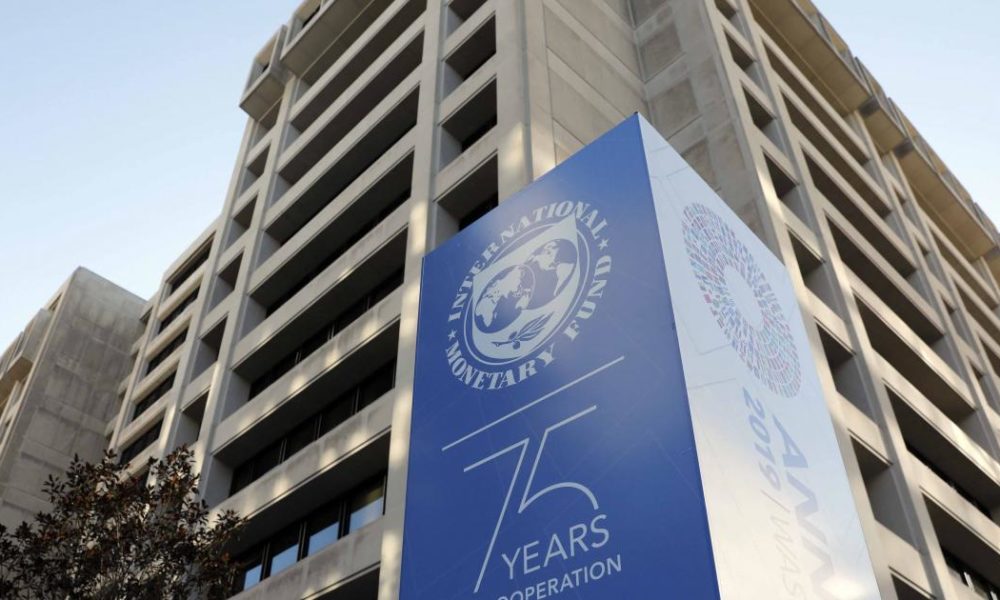Economy
IMF Report Blames Tinubu’s Reforms for Nigeria’s Economic Woes

The International Monetary Fund (IMF) has attributed Nigeria’s economic downturn to the ineffective reform policies of President Bola Ahmed Tinubu’s administration which has deepened the nation’s hardship.
This was revealed in the report presented by the IMF Deputy Director, Catherine Patillo, at the Lagos Business School (LBS).
According to the report, it was observed that the economic growth rate in Nigeria would remain at 3.6% all through 2024 despite the 3.19% average growth rate evidenced for about 18 months since these reforms commenced.
‘‘Debt service capacity remains low by historical standards. In almost one-quarter of countries, interest payments exceed 20 percent of revenues, a threshold statistically associated with a high probability of fiscal stress. And rising debt service burdens are already having a significant impact on the resources available for development spending,” the report stated.
‘‘The median ratio of interest payments to revenues (excluding grants) currently stands at 12 percent. Some three-quarters have already witnessed an increase in interest payments (relative to revenue) since the early 2010s (comparing the 2010–14 average with the 2019–24 average). In Angola, Ghana, Nigeria, and Zambia, this increase in interest payments alone absorbed a massive 15 percent of total revenue,” the report added.
The report highlighted that the reforms have failed across various sectors, including the food sector, which has experienced substantial price hikes, inflicting hardship on citizens.
The exchange rate instability and depreciation of the local currency have also worsened, making 2024 one of the most challenging years for Nigeria’s economy.
Initially, the reforms seemed promising, as Nigeria’s inflation rate declined between July and August 2024.
However, inflation rose again in September, with further increases recorded in October. Analysts predict that the upward trend will continue into November and December.
Patillo further noted, ‘‘More than two-thirds of countries have undertaken fiscal consolidation. With the median primary balance is expected to narrow by 0.7 percentage points alone in 2024. And these have included notable improvements in Cote d’Ivoire, Ghana, and Zambia, among others’’.